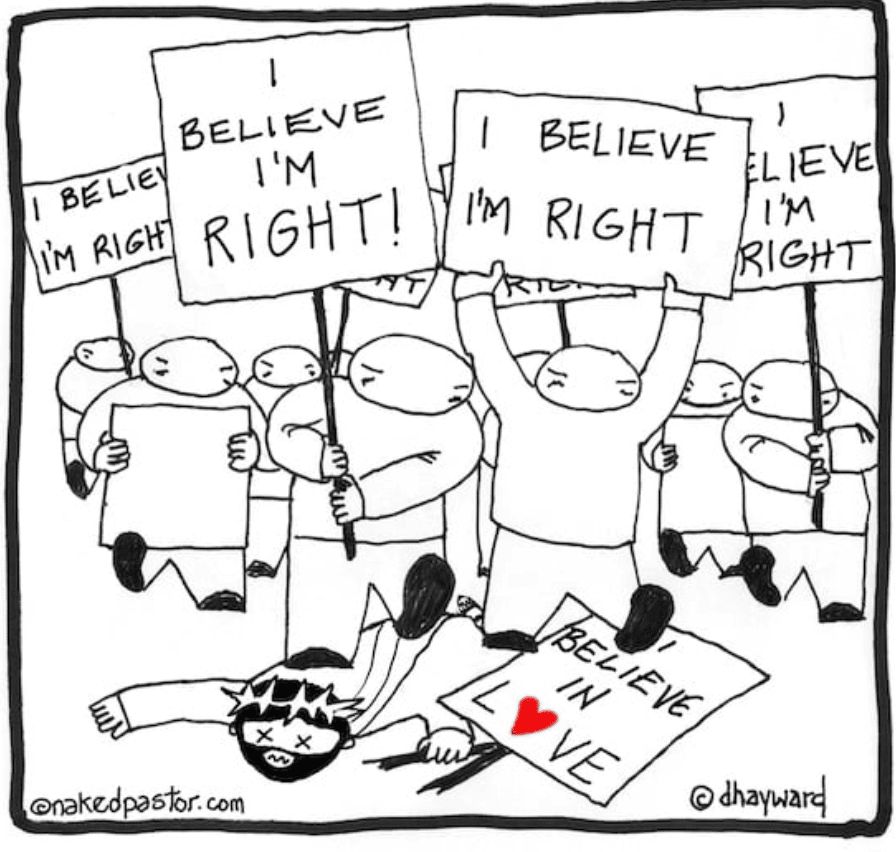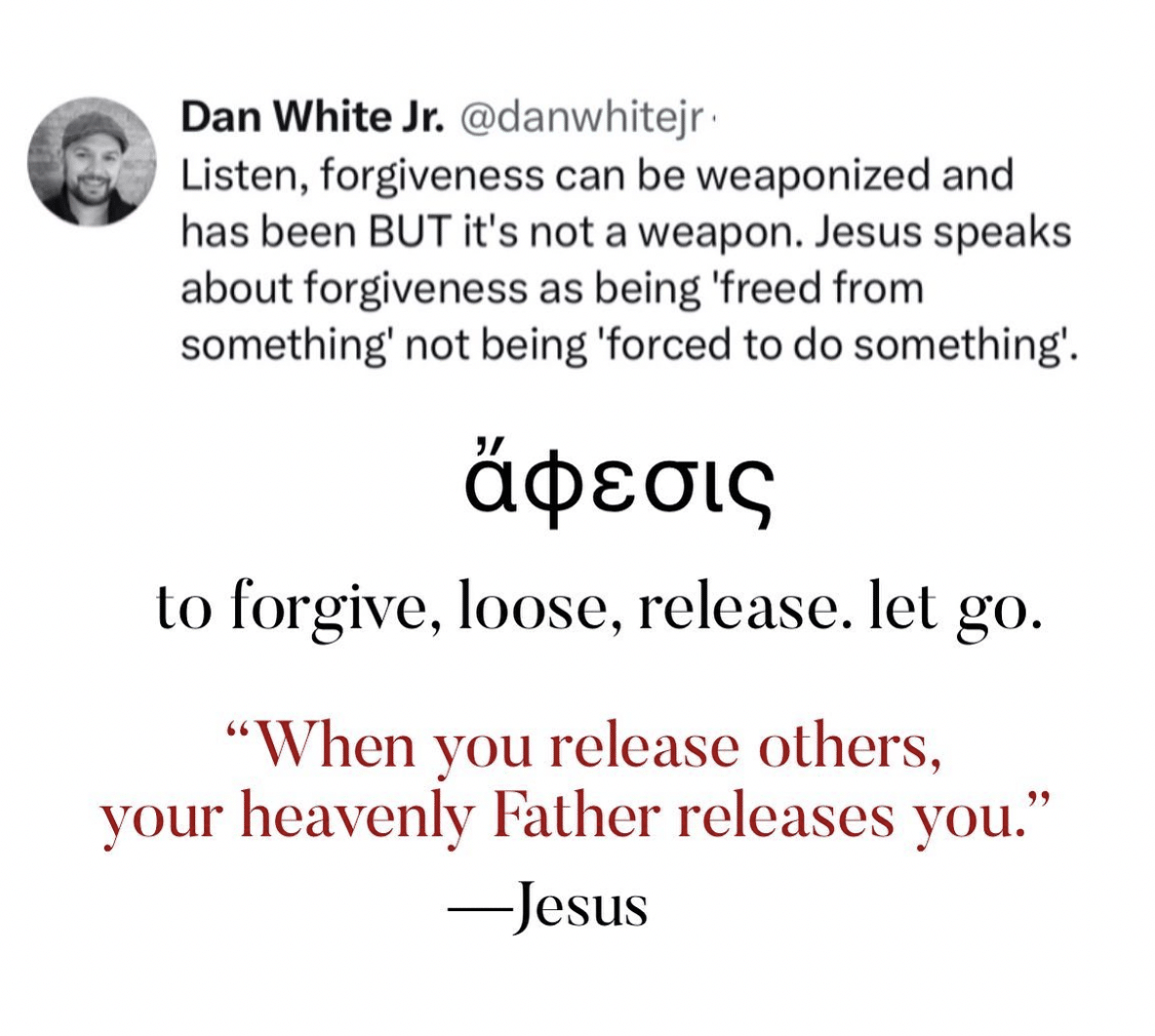How Would Jesus Respond to Social and Political Issues of Our Day? – Greg Albrecht

Some of the most often asked questions we receive at Plain Truth Ministries ask us why we don’t “take a stand” (politically) like Jesus did. I often explain that I am not a member of a religious organization nor am I a member of a political party because my only ultimate membership is in the kingdom of God – and I don’t want any earthly organization to feel they can tell me how to believe, think, vote and align myself for or against issues of the day. I also add that one might be a member of a church, a political party, a club of some nature… and view that membership as far less important than their membership in the universal kingdom of God, but not all do. For some their earthly memberships and affiliations muddy the waters of faith. Some ask how Jesus would respond to a particularly hotly-debated topic. Good question. If Jesus were involved in his earthly ministry right now, how would he respond?
We know that Jesus did not allot a major part of his ministry to organizing and leading protests, demonstrations and boycotts. He did overthrow the tables in the temple in “protest” of the corruption of the religious establishment and its complicity with the brutality of the Roman Empire. That said, a study of the times in which Jesus lived and ministry reveals countless injustices and horrific abuse and suffering. But no other protests or demonstrations on his part.
A Christ-follower might choose to be “involved” in issues as their faith would lead them. There are times when our faith compels us to “stand in the gap” and be a voice and a supporter of peace and justice, but, if we do protest, we as Christ-followers protest non-violently. Christ-followers do not engage in “revenge politics.”
Political or quasi-political involvement for or against an initiative or measure often detracts from faith and focus on Jesus Christ. In many cases, when Christ-followers get involved in a controversial issue, even if they are on the “right” side of the topic (and the “right” and “wrong” side of any particular topic is another discussion of course – if you are confused, just ask your political party or denomination/congregation – they often have long lists of right and wrong) they often put words in the mouth of Jesus suggesting that he would support them when in fact he has not entered the fray. Perhaps it is more important to consider whether we are supporting Jesus as opposed to whether he is supporting us.
We can recall Joshua 5:13-15, Now when Joshua was near Jericho, he looked up and saw a man standing in front of him with a drawn sword in his hand. Joshua went up to him and asked, “Are you for us or for our enemies?” “Neither,” he replied, “but as commander of the army of the Lord I have now come.”
In North America it is not uncommon for church-goers to assume that God is on “their side” during a war, and thus wind up being nationalistic, virtually worshiping the state and its military (and we find the New Testament remarkably silent about Christians being encouraged to engage in Emperor worship!) rather than Jesus. This habit descends into the level of incredulity when athletic teams are led by their coach or leading player in prayer asking God to help them win! Of course, prayer asking that serious injury does not result from an athletic contest is a different matter. But for God to help or enable “our team” to win? Really?
So what did Jesus do? In many cases he turned the other cheek. He prayed for his enemies, those who despitefully used and abused him. This in stark contrast to so many Christians who get so wound up in moral issues (and again, they may be on the “right” side of a topic) that they wind up virtually hating and despising those who do not agree with them.
When asked about paying taxes to Caesar Jesus said “render therefore to Caesar the things that belong to Caesar, to God the things that are God’s” (Matthew 22:21). This answer was to a question which the Pharisees asked, intending it to be a trap – their carefully crafted question seemed to guarantee that no matter what Jesus said he would be in trouble. But Jesus’ answer was masterful in the sense that he was the king of another kingdom, a “kingdom from another place” (John 18:36). It was an answer, but deliberately, it seems vague. He didn’t make the currency, he didn’t allocate it nor did he make the decision about how to use taxes.
Jesus often avoided issues which were civil and political matters – for example, he did not condemn slavery, nor in fact did other New Testament writers who followed him. When Jesus was asked by someone to arbitrate an inheritance issue, Jesus asked the man “Who appointed me a judge or an arbiter between you?” (Luke 12:14). This was God in the flesh speaking – if anyone on earth could deliver a just and fair answer, then he could have, but he avoided such issues. Was he weak? Was he afraid of hurting people’s feelings? It doesn’t seem so.
When I am asked how Jesus would or how he does respond, or what he would do, I often get nervous – or more than that, I get extremely nervous when folks seem to wade into matters, putting words into Jesus’ mouth, and thereby treading where fools dare to tread.
What do I know about morality and Jesus? I know the Sermon on the Mount – I know his parables. I know his care and compassion for the least, the last and the lost – those who were despised … including prostitutes. This of course does not mean he agreed with the behavior of “sinners” or their addictions and dysfunctions … but in terms of arbitrary judgements against individuals, we read virtually nothing. We do read a great deal about his condemnations of people who were religious authorities, or should I say his condemnations of the religious organizations that warped and twisted and indoctrinated the minds of religious authorities. He did not condemn national authorities and their laws and decrees to the degree he did organized religion. Why? Why indeed we should ask.
We are able to reason what Christ in the life of a person who follows him looks like from lists in the New Testament that are called “virtue” lists – the fruits of the Spirit in Galatians 5:22-26 over against the acts of the flesh (Galatians 5:19-21) and a few other similar passages – from these a picture emerges about the portrait, if you like, of a Christ-follower. But this picture that emerges does not speak of a railing accusation and judgment toward those who have not yet embraced the grace of God and trusted Jesus in such a way as to follow him.
It seems to me that much of religion today, including Christendom, spends far more time trying to detail and condemn actions of the flesh it feels are contrary to God, which of course is all about the bad news of condemnation – so that such a religious message is said to be filled with hatred and bias, rather than love and mercy. It seems to me that our message about the kingdom of God is more about the good news than it is about the bad news – and when people turn to Jesus Christ, follow him, and embrace the love, mercy and grace of God, then God will, we are assured in the Gospel, work in them his good pleasure, so that they become his handiwork (Ephesians 2:20) – and he then, as the Master Potter, will put them on his wheel and make of them what he wishes. This it seems to me is his job and his alone, not that of religion and its authorities.
To the degree that we get caught up in nationalism, socio-economic, social justice and political issues we gradually start serving another master, and Jesus told us we don’t serve two masters. When we turn away from the Master – when we turn our focus away from Jesus we gradually become a pillar of salt – our lives then are characterized and defined by hatred, either-or, us-them revenge rhetoric and social justice initiatives.
I have just finished reading “A Severe Mercy” by Sheldon Vanauken, who was a more progressively-minded college professor in the 1960s, during all of the protests, the Peace Movement, the anti-Vietnam protests and riots, the Civil Rights demonstrations of that day, the revolution of morality (the motto was “make love, not war”) – the flower power movement, the rise of hard drug use and meteoric rise of addictions. A confusing time to be sure.
Vanauken was a Christian, but several decades later, looking back, he realized “I was one of those caught up in the mood and action of the 1960s, especially the Peace Movement. Christ, I thought, would surely have me oppose what appeared an unjust war. But the Movement, whatever its ideals, did a good deal of hating, and Christ, gradually, was pushed to the rear. Movement goals, not God, became first, in fact – not only for me but for other Christians involved, including priests. I now think that making God secondary (which is in the end making Him nothing) is, quite simply, the mortal danger in social action, especially in view of the marked intimations of virtue – even arrogant virtue – that often perilously accompany it. Some may avoid this danger, perhaps. But I was not obeying the first and greatest commandment – to love God first – nor is it clear that I was obeying the second – to love my neighbor. Hating the oppressors of my neighbor isn’t perhaps what Christ had in mind.”
“A Severe Mercy” was published in 1980, but the author’s memories of the 60s sounds like much of what we are seeing, on both sides of the political spectrum today, as just another iteration of the same old thing. Indeed, “Hating the oppressors of my neighbor isn’t perhaps what Christ had in mind.”









 Plain Truth Ministries | Box 300 | Pasadena, CA 91129-0300
Plain Truth Ministries | Box 300 | Pasadena, CA 91129-0300

